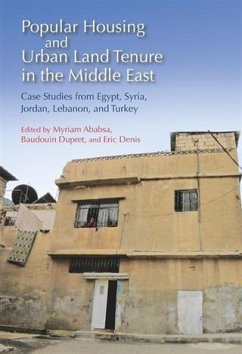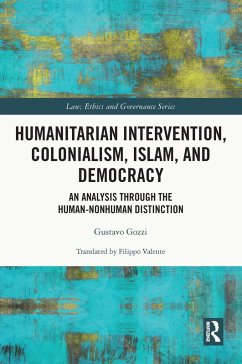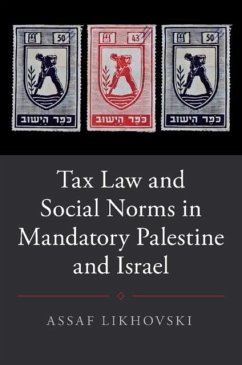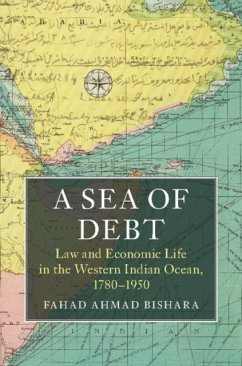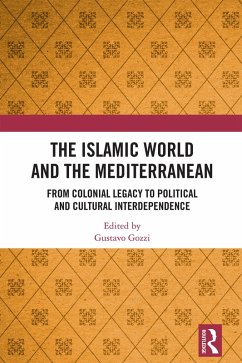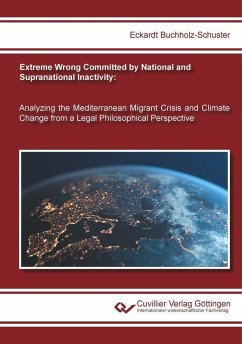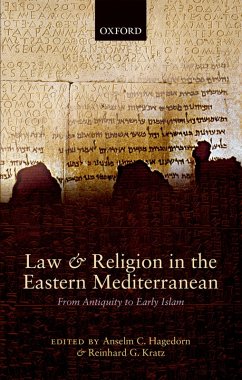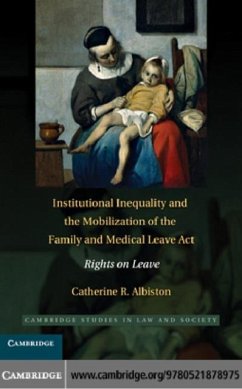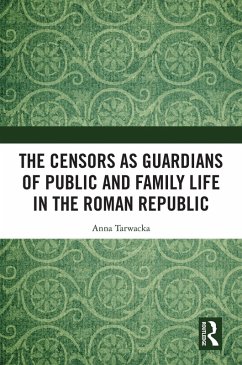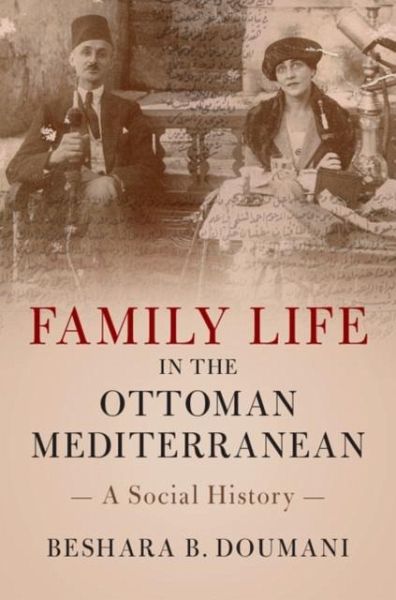
Family Life in the Ottoman Mediterranean (eBook, PDF)
A Social History
Versandkostenfrei!
Sofort per Download lieferbar
24,95 €
inkl. MwSt.
Weitere Ausgaben:

PAYBACK Punkte
12 °P sammeln!
In writings about Islam, women and modernity in the Middle East, family and religion are frequently invoked but rarely historicized. Based on a wide range of local sources spanning two centuries (1660-1860), Beshara B. Doumani argues that there is no such thing as the Muslim or Arab family type that is so central to Orientalist, nationalist, and Islamist narratives. Rather, one finds dramatic regional differences, even within the same cultural zone, in the ways that family was understood, organized, and reproduced. In his comparative examination of the property devolution strategies and gender...
In writings about Islam, women and modernity in the Middle East, family and religion are frequently invoked but rarely historicized. Based on a wide range of local sources spanning two centuries (1660-1860), Beshara B. Doumani argues that there is no such thing as the Muslim or Arab family type that is so central to Orientalist, nationalist, and Islamist narratives. Rather, one finds dramatic regional differences, even within the same cultural zone, in the ways that family was understood, organized, and reproduced. In his comparative examination of the property devolution strategies and gender regimes in the context of local political economies, Doumani offers a groundbreaking examination of the stories and priorities of ordinary people and how they shaped the making of the modern Middle East.
Dieser Download kann aus rechtlichen Gründen nur mit Rechnungsadresse in A, B, BG, CY, CZ, D, DK, EW, E, FIN, F, GR, HR, H, IRL, I, LT, L, LR, M, NL, PL, P, R, S, SLO, SK ausgeliefert werden.




